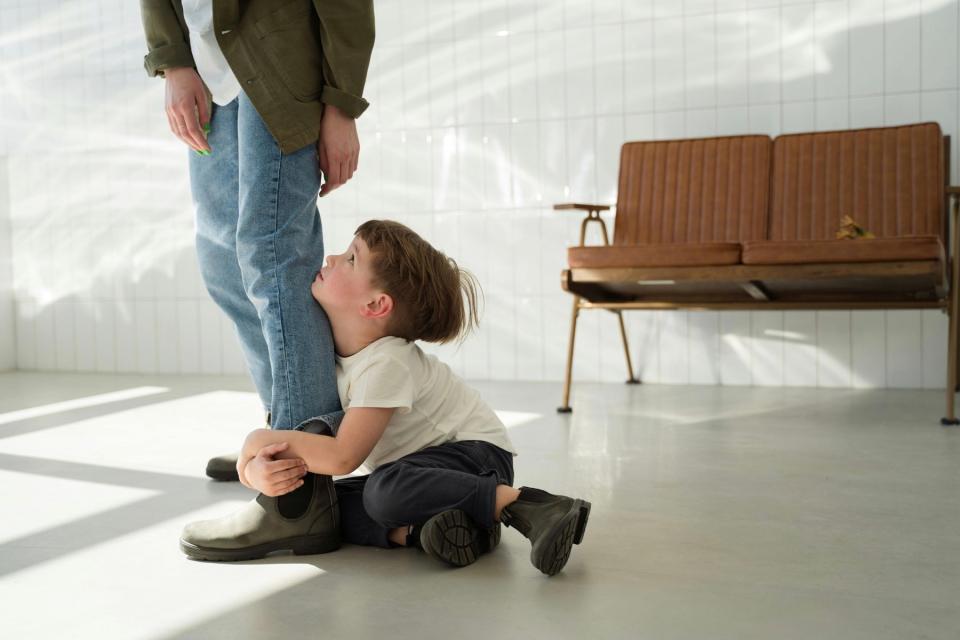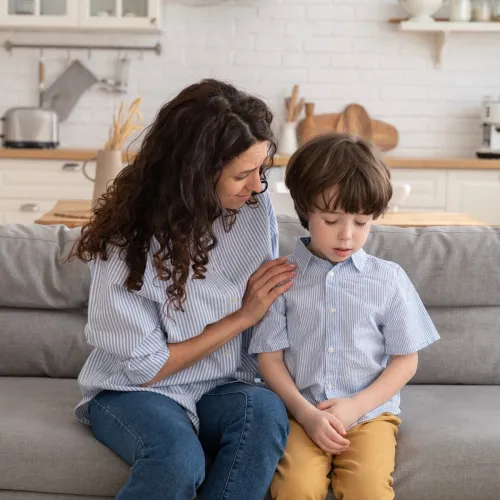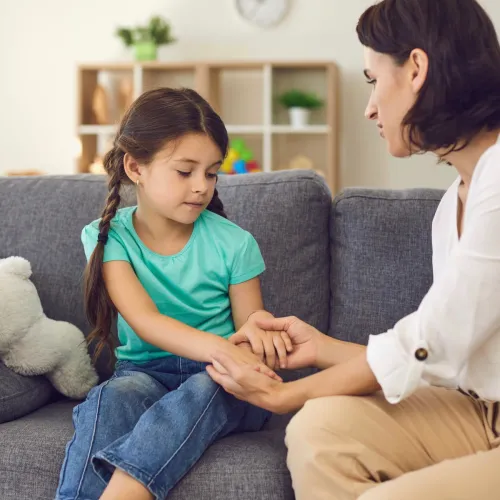8 Practical Ways to Teach Your Children Good Manners
Small children can make a lot of noise in public places. Usually, such behavior by children is considered ill-mannered, yet some people might not recognize in the moment how much creativity and patience some parents need to bring up their children properly.

How do you teach your children good manners?
To many, being a well-mannered person is important. However, not many people really understand that it is much easier to start teaching children good manners since young age than reap the fruits of permissiveness in the future. What should parents do to teach their children good manners easily? Here are several practical recommendations to be used by parents to start investing time and effort in their kids’ good conduct starting in early childhood.
Nurture respect and sensitivity.
Respect towards other people is the basis of good manners, and sensitivity is a root of respect. In this case, you as a parent are responsible for growing sensitivity in your children. In many cases, sensitive children will be more successful in communicating with other people. Don't neglect your children's sensitivity, and nurture their understanding of respect by emulating respectful behavior towards others.
Introduce politeness from a young age.
If you want to teach your children good manners, it is very difficult to imagine this process without such polite phrases as “please,” “thank you,” and “excuse me” in everyday communication. You may introduce these phrases from a young age when your children just start speaking. Doing so could make it much easier for your children to understand their meaning and what the purpose is for using such phrases. The earlier you start teaching children these simple forms of politeness, the better the results are likely to be into the future.
Show your personal example.
The best way for parents to teach children good manners is to be well-mannered persons by themselves. Children look to their parents for leads on how to behave. If you are an ill-mannered person, your children may pick up your behaviors. Therefore, if you want to bring up well-mannered children, don’t forget to be polite with other persons, relatives, and children as well. In this case, you may be pretty sure that your children will take such behavior as a model and use it every day in each situation.
Don’t forget about personal boundaries.
Although some of us dream about a perfectly polite society, parents should not forget that each person, including their children, has his or her own personal boundaries which must be respected. True respect for other people is impossible without strong personal boundaries. Therefore, don’t forget to teach your children to know how to say "no" in different situations. Help your children understand and formulate their own personal boundaries, as well as how to protect them.
Set clear expectations.
Children should know how to behave in different situations since early childhood. While a young child doesn’t understand certain rules of behavior in different encounters, it is very difficult to teach him/her good manners. Therefore, try discussing with your children what behavior you expect from them in particular scenarios, especially if a situation is relatively new for them. For example, you should explain how to behave when you are going to a doctor, or plan a visit to your relatives, etc. Be specific; only in this case, you will develop a clear mutual understanding in this aspect.
Acknowledge your children.
While most adults appreciate having time sans-children, it's important to include children in various adult (yet kid-appropriate) situations. Moreover, such situations should not be avoided because they help to socialize children as soon as possible. Hence, each similar situation can be treated as a good source of practical experience. You will have an excellent opportunity to explain to your children some rules about the level of permissible noise in public place, respect for property and privacy of other people, etc. Certainly, such experience is very helpful in the process of teaching children good manners.
Correct your children “on the spot.”
Even if you explained to your children all possible variants of “do’s” and “don’t's,” it doesn’t mean that children follow them without any troubles. Young kids may just want to see how far they can go in what parents will allow them. However, even if your children don’t want to obey certain rules previously discussed with them, it doesn’t mean that you should let it slide. Correct your children at the moment, for example, if your children want to offend a younger child. In this case, it is necessary to stop aggression to prevent potential troubles; though at that moment, you may seem harsh to your kid, in the end, it will pay off.
Correct your children politely.
If your children are too young to speak correctly, you should correct them each time when it is necessary. However, pay your attention to the tone of your voice while correcting your children’s language. Certainly, adults shouldn’t speak with small children in their “childish” language, but it doesn’t mean rough corrections are fine. Speak to your kids in a gentle voice, even if they make some mistakes, and try to reward them for speaking, say a couple of kind words, and only then note some errors to correct not to push them away, and not to discourage their efforts.
The process of bringing up well-mannered persons who will be socialized successfully is difficult and needs a lot of time and effort. However, you as a parent are responsible for all parts of your children’s lives, and it is up to you to find efficient ways to turn them into self-reliant and self-supporting individuals. You will be able to cope with such a difficult task if you have enough patience, love your children, and if you are a polite person by yourself. In addition, all our practical recommendations will help you in this way. Good luck!




